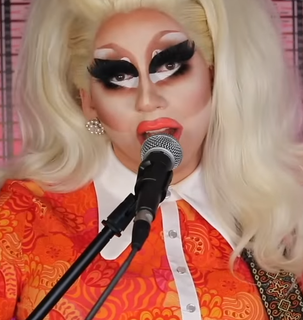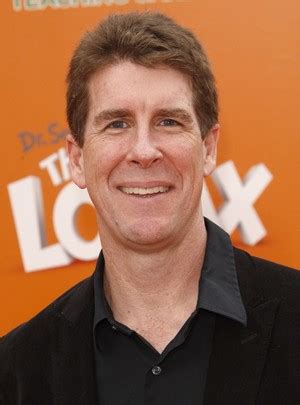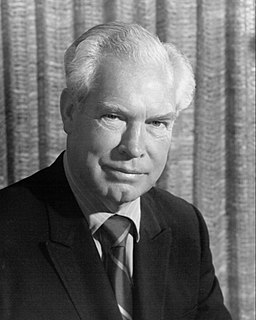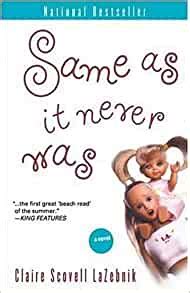A Quote by Gaby Hoffmann
Too bad, whenever adults tell kids to enjoy their childhoods, kids are like, 'You don't understand anything,' and everyone is right.
Related Quotes
The StarTalks - while kids can watch them, they're actually targeted at adults. Because adults outnumber kids five to one, and adults vote, and adults wield resources, and adults are heads of agencies. So if we're going to affect policy, or affect attitudes, for me, the adults have always been the target population.
One thing that I notice that is changing, you don't see kids on Sunday. Most of them are home. The kids are having much more virtual childhoods instead of childhoods. They don't play ball or hang out with the wrong people or get in fistfights, all the things that once made childhood. I don't know how it's going to turn out.
Kids, if anything, are harder to write for because they are a more discerning audience. They will not stay with you if you go off on a tangent or if you give them extraneous information that doesn't serve the story. You really have to tell a tight story. You have to give them humor and suspense and believable characters. All those things that adults want too, but you have to be really on your game when you're writing for kids.
[E]verywhere I'm looking at kids, adults mostly don't seem to like them, not even the parents do. They call the kids gorgeous and so cute, they make the kids do the thing all over again so they can take a photo, but they don't want to actually play with them, they'd rather drink coffee talking to other adults. Sometimes there's a small kid crying and the Ma of it doesn't even hear.


































